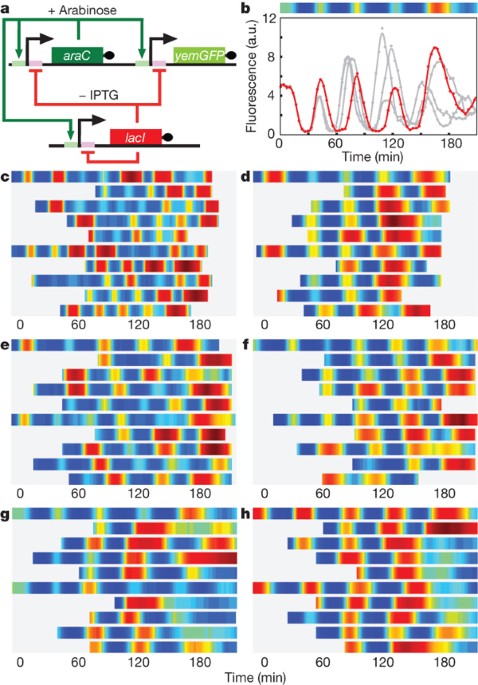- Select a language for the TTS:
- UK English Female
- UK English Male
- US English Female
- US English Male
- Australian Female
- Australian Male
- Language selected: (auto detect) - EN
Play all audios:
By Samantha David STRASBOURG resident Mélissandre Goeuriot is among the first in France to have been prescribed sport by her doctor in a new scheme, and says it has changed her life. Ms
Goeuriot, who is 90% blind, thought sport was not an option for her – but has found it is possible with the help of a one-to-one coach, whose help has been provided free in a scheme funded
by the city council in partnership with local health authorities and associations. She now does an hour a week of Nordic walking in the woods – that is, walking for fitness using poles
similar to skiing ones, which gives a more all-round workout to the body than walking without poles. “I was completely surprised when my doctor suggested it to me,” she said. “I hadn’t heard
of the scheme; but I am over-weight, and he said I needed to do some exercise, so I agreed.” The scheme is a one-year pilot, intended to help reduce the need for people to take medicines
for conditions such as obesity, high blood pressure, type two diabetes and cardio-vascular illness. Ms Goeuriot said the sports advisor was a great help. “There aren’t many options open to
someone like me, who can only get around with the help of a guide dog. But it was great, they really helped me find my sport.” She said Nordic walking is very fast and she works up a sweat
every week. “I have a personal coach because I couldn’t go out in the forest alone. We do an hour a week, every Friday. I’ve been doing it since October and it’s completely changed my
outlook, I have started to lose weight, and I’m fitter and generally feel better in myself.” Her guide dog Féria also appreciates the exercise, she said. A personal guide is essential to her
because she would not be able to do the activity alone. “I hope the project continues, I hope it is expanded all over France, and also expanded to include other categories of patients,” she
said. She added: “I wouldn’t have done it without it being on prescription because it would have been too expensive.” The sessions are paid for 100%, she said. “At first I have it for eight
weeks, then my doctor can prolong if it’s found to be beneficial to me.” She said family and friends are happy that she is enjoying her sessions so much - but are not motivated to start
regular sport themselves. “When a doctor tells you to do it for your health’s sake, you are a bit more motivated,” she said. The activities on offer also include options like biking – the
city is making 200 bikes available – gentle gymnastics, swimming and rowing. About 400 people are expected to take part during the year. It is hoped that the cost of the sport sessions,
estimated at about e129,000 for Strasbourg this year, will be offset by savings in medical costs. Dr Alexandre Felz, who leads the mairie’s health team, said: “There are about 100 patients
with prescriptions now and more patients and doctors are becoming interested all the time. We will evaluate the project in September, but it will no doubt be continued - and perhaps be
extended to other kinds of patient, such as people in remission from cancer, who have been shown to be at less risk of a recurrence if they take exercise.” He added that the government has
now asked that regional-level state health directorates around the country should put money aside to fund similar trials. Though there are no precise start dates yet, similar schemes could
be extended throughout Alsace later this year. A meeting is planned to discuss this in April, he said. The Académie Nationale de Médecine, which advises the state on medical issues,
recommended sport on prescription in a recent report.






